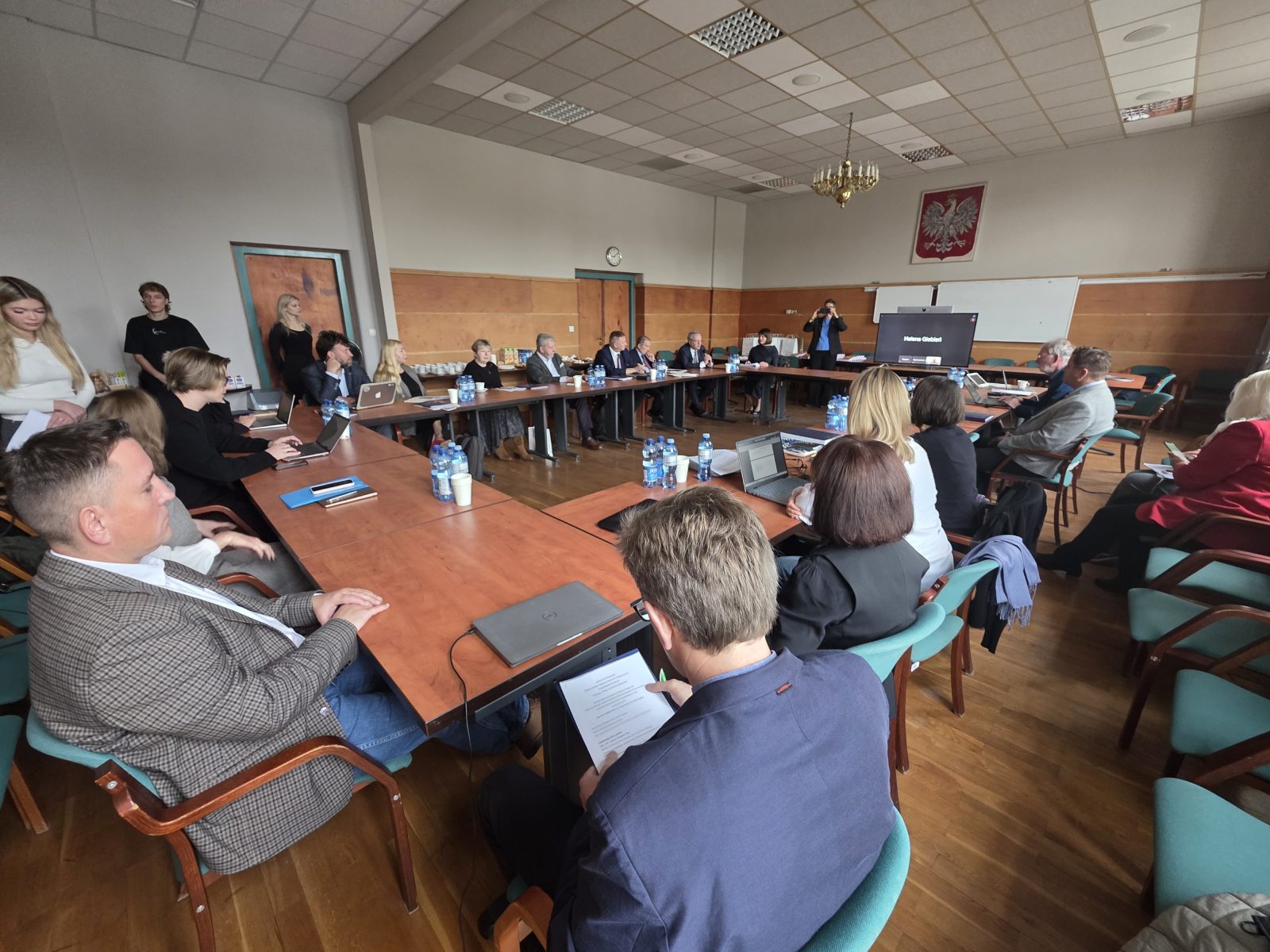
20th Polish-Belarusian Round Table at the University of Wrocław
On 3 October 2025, the 20th Polish-Belarusian Academic and Practical Round Table, entitled “Shaping Civil Society in Belarus and the Polish Experience of Transformation,” took place at the Institute of International and Security Studies of the Faculty of Social Sciences.
The event was co-organised by the University of Wrocław, the Wrocław City Council, and the “Free Belarusian University” Foundation.
The conference was formally opened by professor Robert Olkiewicz, Rector of the University of Wrocław; professor Piotr Sula, Vice-Dean for International Cooperation of the Faculty of Social Sciences; and professor Krzysztof Kociubiński, Director of the Institute of International and Security Studies.
The programme continued with a series of expert presentations:
- Mr Marcin Wojciechowski, Deputy Director of the Office for the Polish Diaspora, Chancellery of the Senate, former Chargé d’affaires of the Republic of Poland in Minsk – “Europejski wybór Białorusi – stracona szansa?”
- Dr Aliaksandr Milinkevich, Chancellor of the “Free Belarusian University” Foundation – “Wolny Uniwersytet Białoruski”, pt. „Powrót do Europy – jedyna szansa dla Białorusi”
- Dr hab. Andrej Vardomatski, Head of the Belarusian Analytical Workshop (BAW) – “Public Opinion and National Identity in Belarus: Geopolitical Orientations and the Lessons of 2020.”
Following the expert talks, discussions focused on three key areas: the history of the development of the third sector in Belarus and its marginalisation after 2020; the role of the diaspora in sustaining civic engagement; and the challenges posed by propaganda and information warfare. Participants emphasised that, despite widespread repression, civil society in Belarus has not been eradicated but has instead adapted to new forms of activity—both within the country and abroad.
The event gathered representatives of academic, expert, and civic organisations from Poland and Belarus, including: professor Victor Shadurski (independent researcher); professor Krzysztof Kociubiński (Institute of International and Security Studies, University of Wrocław); dr Helena Giebień (Institute of International and Security Studies, University of Wrocław); Mr Grzegorz Tymoszyk (“Umbrella” Foundation); Ms Inna Kuley (“Free Belarusian University” Foundation); Mr Andrej Chadanowicz (Belarusian poet, translator, and cultural activist); professor Larysa Leshchenko (ISMiB UWr); professor Julita Makaro (Institute of Sociology, University of Wrocław); professor Kamilla Dolińska (Institute of Sociology, UWr); dr hab. Andrej Vardomatski (Belarusian Analytical Workshop); dr Dzmitry Nikanovicz (independent media researcher); a representative of the Organisation for European Expertise and Communication; Mr Laurynas Vaiciunas (Jan Nowak-Jeziorański College of Eastern Europe); professor Iryna Sidorskaya (independent researcher); professor Mikołaj Iwanow (University of Opole); a representative of the European Humanities University in Vilnius; Ms Lana Rudnik and Mr Vitaut Rudnik (International Foundation for the Development of Adult Education).
“Paradoxically, the wave of emigration after 2020 has not weakened but strengthened the potential of Belarusian civil society, which increasingly operates across national borders,” noted one of the panel participants. In the closing session, a question was raised about the future: “If democracy in Belarus is to be reborn, where does its true centre lie today – in Minsk, Vilnius, or Wrocław?”
The organisers announced plans to prepare a post-conference publication of academic articles from the 20th Polish-Belarusian Academic and Practical Round Table, as well as to continue scholarly and expert cooperation. It was also stressed that the Round Table is not a one-off event but part of a long-term process of reflection on the role of universities and public institutions in supporting societies in crisis.
The event was funded by the Ministry of Science and Higher Education, the University of Wrocław, and the Wrocław City Council. Further information about the Free Belarusian University project can be obtained from the project coordinator at the Institute of International and Security Studies of the University of Wrocław, dr Tatiana Iwanow, room 113, or via:
Website www
Facebook
Telegram
YouTube
Instagram
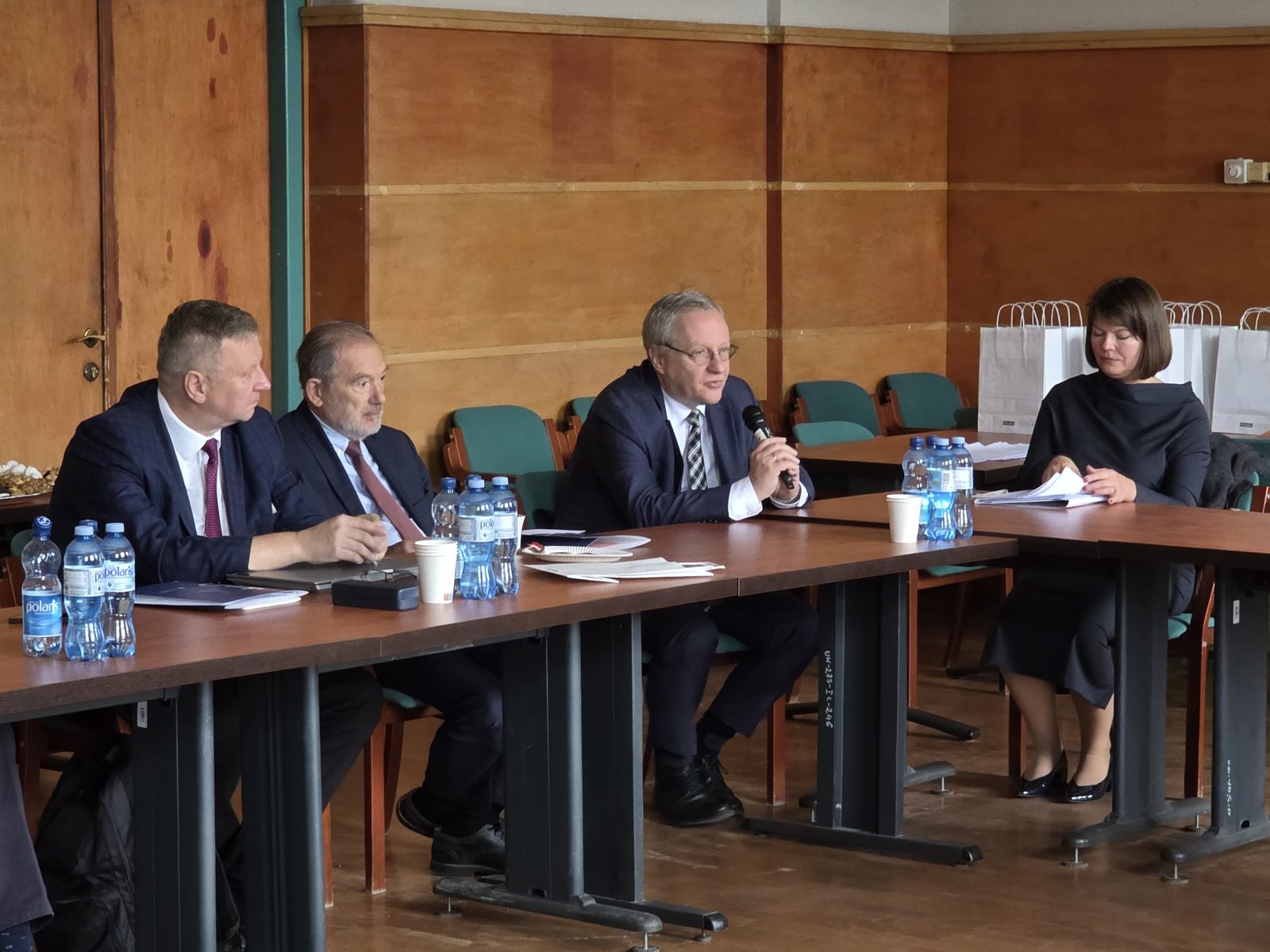
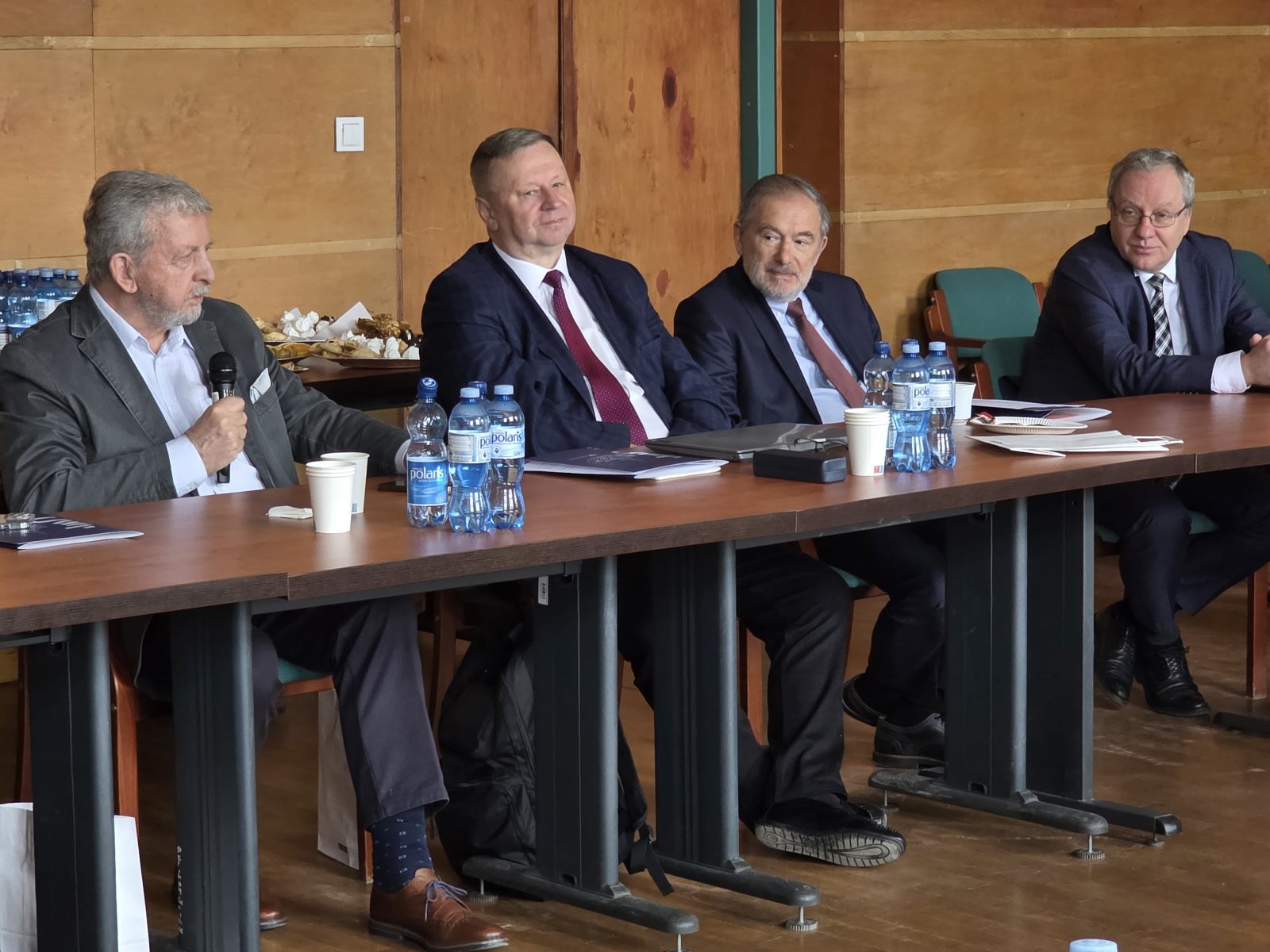
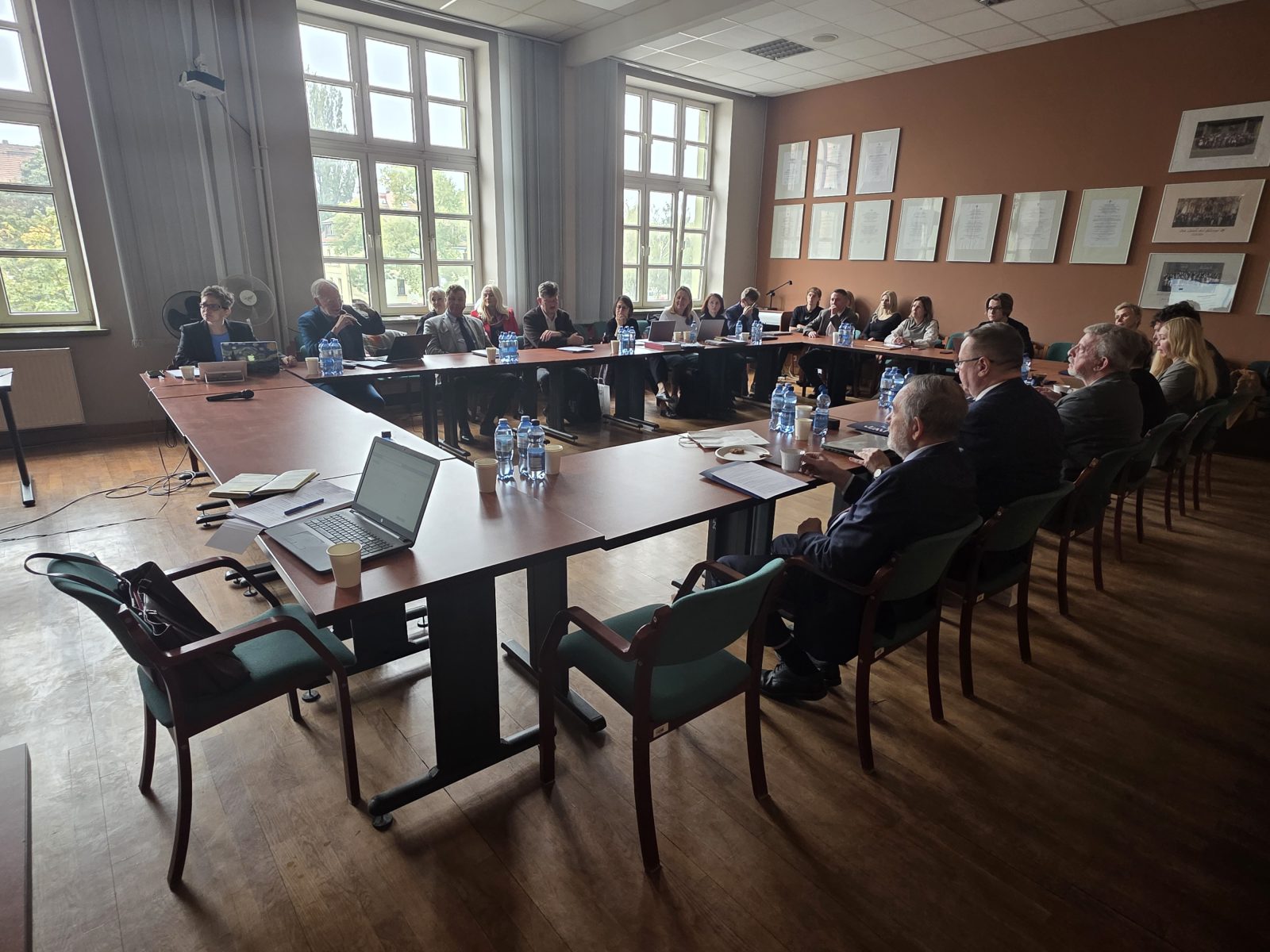
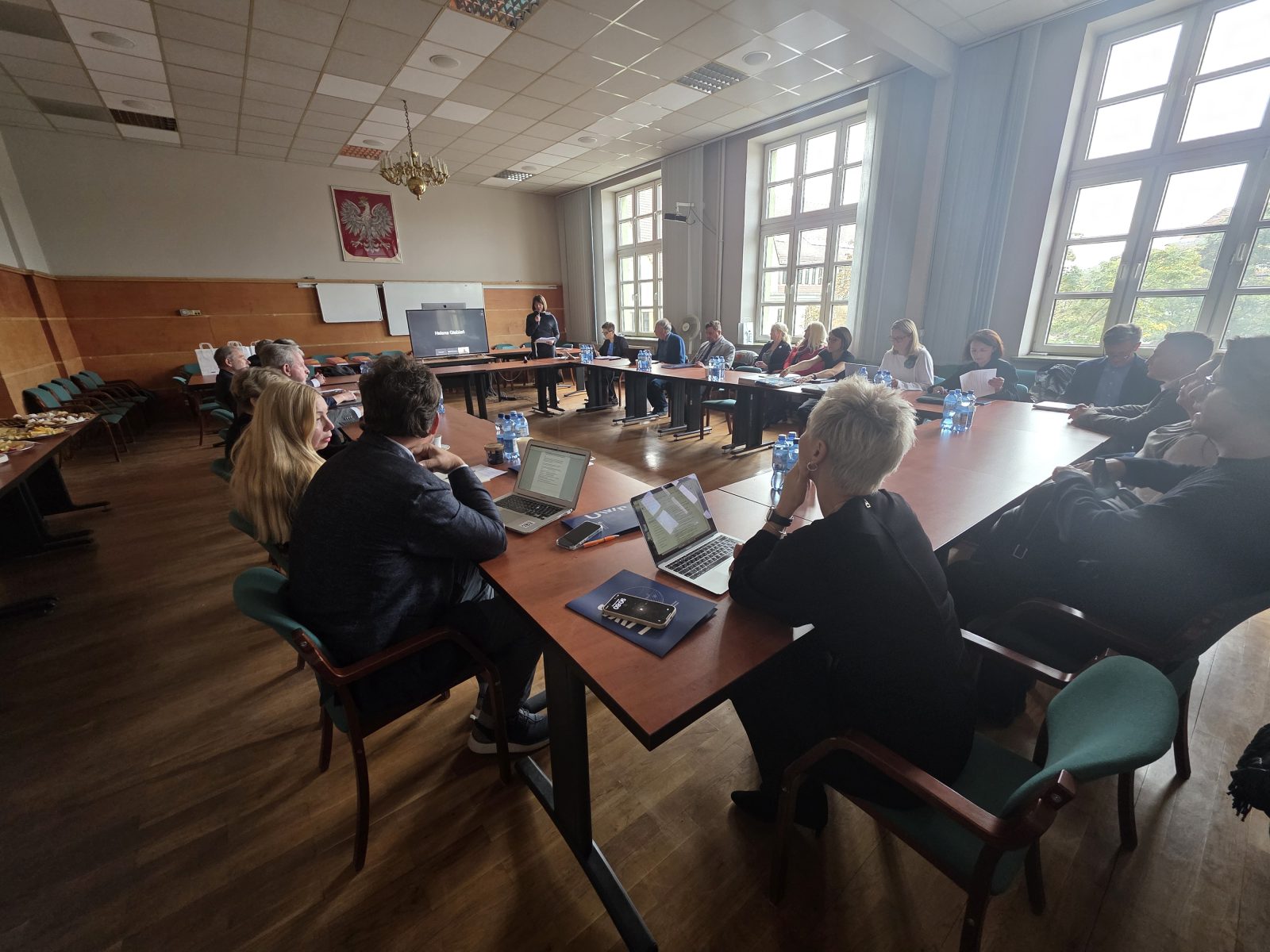
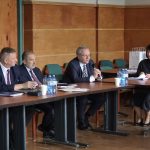
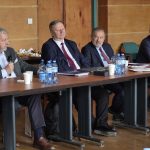
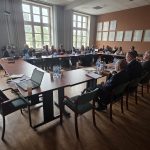
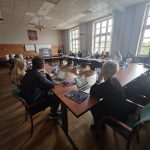
Date of publication: 7.10.2025
Added by: M.K.



